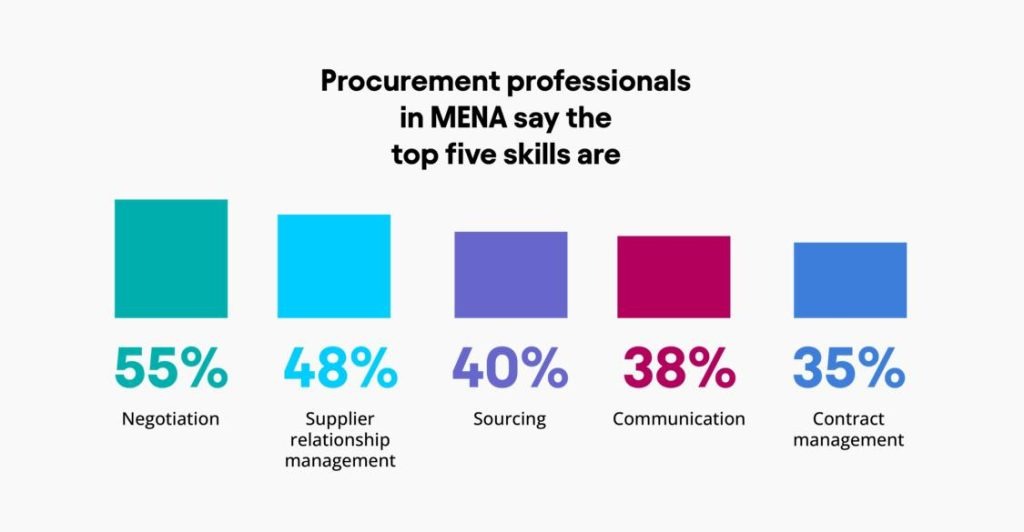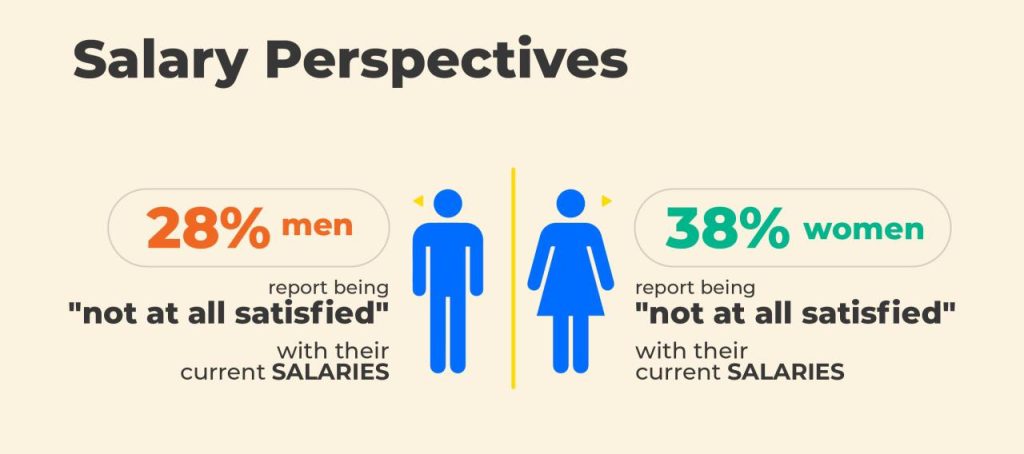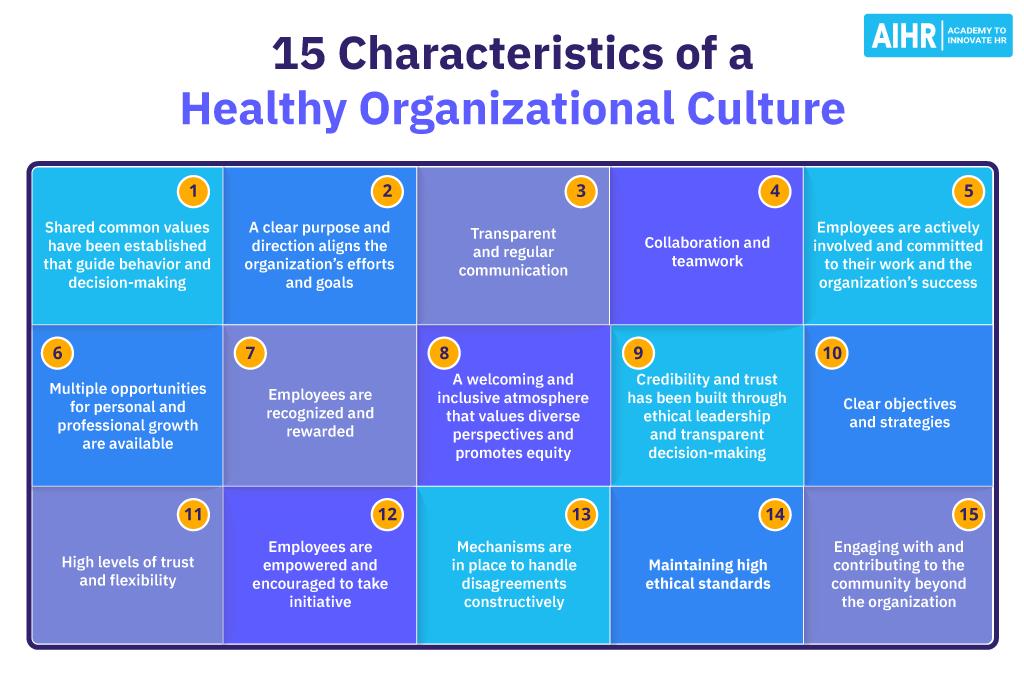The 2025 MENA Salary Survey, cited by Finance Middle East, highlights trends in job satisfaction, compensation, and other factors affecting the MENA region job market.
Conducted by Bayt.com and Markelytics Solutions, the survey involved over 1,200 employees across the GCC, North Africa, and the Levant.
It identifies a growing focus on gender disparities, high job turnover, and employee dissatisfaction. Here are some key findings to better understand the underlying dynamics affecting employee satisfaction and retention in the region.
High Job Turnover: 60% of Employees are Shifting Careers for Better Compensation


The survey shows that nearly 60% of employees in the MENA region are actively considering leaving their current jobs. This reflects a broader trend of dissatisfaction with wages, limited benefits, and lack of career progression.
Notably, 65% of men and 50% of women have already made a career move in pursuit of higher compensation or more career opportunities.
Younger professionals, particularly those between the ages of 18 and 25, are most likely to switch roles, with more than 40% reporting that they’ve already held three or more jobs early in their careers.
In contrast, employees in the GCC tend to remain with employers for shorter periods, largely due to job contract limitations. On the other hand, workers in North Africa and the Levant often stay longer in their positions, influenced by factors like union protections and fewer job opportunities.
Men Enjoy More Salary Benefits While Women Get More Work-Life Balance Perks


The survey highlights a notable divide between men and women in terms of compensation and benefits.
While 77% of respondents receive financial incentives such as bonuses and overtime, men are more likely to enjoy these perks.
Women, however, tend to benefit from more favorable work-life balance policies, including flexible working hours and family-oriented benefits. Despite this, financial benefits for women remain limited compared to their male counterparts.
According to a report published in 2021 by the Economic Research Forum, COVID-19 has brought attention to disparities in access to technology and other expanded skills, while the most vulnerable demographics affected are women, young people, those employed in the unorganized sector, and those residing in remote areas with little access to digital resources and the internet.
Additionally, in the GCC, almost half of employees have access to medical insurance, while in the Levant, healthcare benefits are less common. Furthermore, opportunities for professional development remain scarce, though North Africa stands out with slightly higher engagement in training programs.
Salary Expectations: 46% of Women and 36% of Men Expect a 20% Pay Rise in 2025
Salary satisfaction is a major concern for many employees in the region, particularly among younger professionals. While some older employees (aged 36 and above) report greater satisfaction with their compensation, a large portion of the workforce is dissatisfied.
Around 28% of men and 38% of women are unhappy with their salaries. Despite this dissatisfaction, expectations for salary increases remain high, with 46% of women and 34% of men anticipating a 20% pay rise in 2025.
The disparity in salary expectations is also tied to regional economic factors, with North Africa showing more optimism about potential salary increases compared to the Levant, where economic instability has dampened expectations.
Addressing Retention Challenges and Company Culture: 87% of Employees Switched Jobs in the Last Year


The survey also reveals critical insights into employee retention in the MENA region. A significant 87% of respondents reported switching jobs at least once in the past year.
This indicates a pressing need for businesses to address retention challenges, which stem from factors like burnout, lack of recognition, and toxic workplace cultures. Employees are increasingly seeking work environments that offer both professional growth and personal well-being.
To tackle these challenges, companies in the MENA region must focus on creating workplaces that balance competitive salaries with career advancement opportunities, supportive leadership, and inclusive cultures.
The 2025 MENA Salary Survey offers valuable insights into the priorities of employees across the region. In an increasingly competitive job market, businesses need to recognize the importance of fair compensation, work-life balance, and career development opportunities to retain talent and foster a loyal workforce.
WE ALSO SAID: Don’t Miss… Odd And Unique Jobs Around The Middle East



